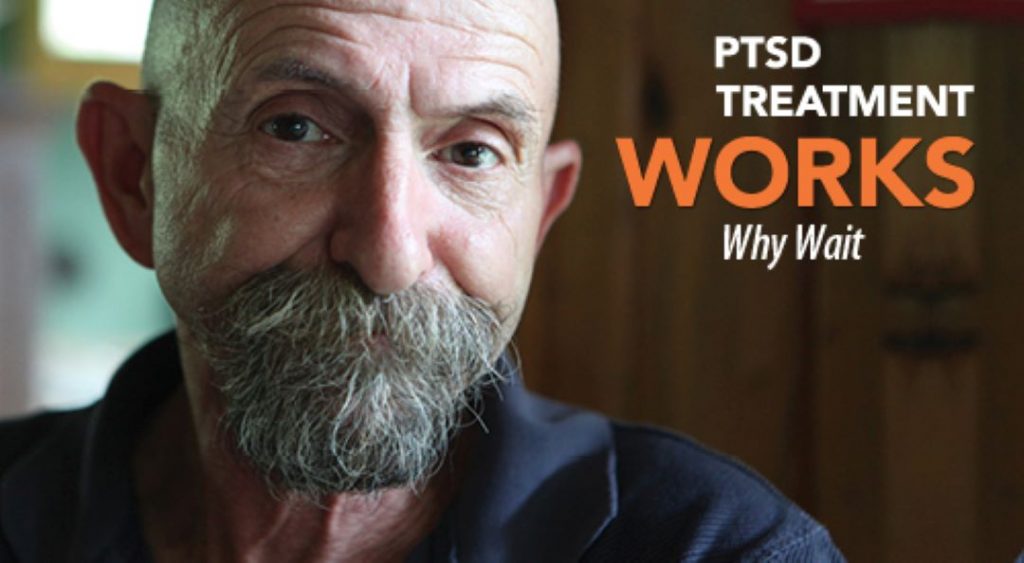It’s a time in his life that Scott Gossett doesn’t talk about a lot — not even to his wife of 37 years.
“I was a different person when I got home,” said the Vietnam veteran, who was diagnosed with PTSD in 2020, 50 years after he first went to Vietnam as a 22-year-old sailor.
June is National Post Traumatic Stress Disorder Awareness Month, and officials at the Charlie Norwood VA Hospital want veterans to know PTSD is treatable.
MORE: Vietnam Veteran Recalls His Service
Gossett knew something wasn’t right in his life not long after returning. He had nightmares; his first marriage ended; he was homeless during the 1990s. He’d even had a few in-person stints at the VA Hospital in Augusta.
“They just told me it was stress,” he said.
He knew how others dealt with what doctors simply chalked up to stress. He saw them turn to alcohol and drugs, and some committed suicide. Others held it all in without telling anyone.
[adrotate banner=”19″]
PTSD didn’t even show up on the books until 1980, said Dr. J. Richard Monroe, program manager for the Charlie Norwood VA Trauma Recovery Clinic in Augusta.
“It was called combat fatigue, the thousand-yard stare, shell shock,” he said.
The current name for it, the diagnosis of it and the treatments available for it are largely due to the Vietnam-era veterans, he said.
“They spoke about what they experienced and how they were affected,” he said.
However, many veterans try to work things out on their own, and it doesn’t always end well. Monroe said there’s an element of bravery to come forward and request help.
“It’s a brave thing to confront it and be ready to talk about it,” he said.
Mental illness has had a stigma for many years, but Monroe likens the experience of PTSD to having an injury such as a broken bone. The bone may heal on its own, but without intervention, it won’t heal as it should and may not function to the best of its ability.
[adrotate banner=”54″]
It’s the same with PTSD, and the good news is that PTSD is treatable, he said.
Gossett called his physician a “godsend” and is grateful he’s getting the treatment for it.
Monroe said it’s not just combat veterans who have PTSD. Any traumatic experience from a car accident to sexual abuse can cause PTSD to develop.
After an injury or a traumatic experience, the body begins its healing process.

If someone has traumatic memories related to a car accident, it would be normal to feel apprehensive about getting in a car or driving one the first couple of times back in the vehicle, but if the trauma lingers, the fear doesn’t leave and the person completely avoids driving for an extended period of time, that’s a likely signal of PTSD, he said.
Symptoms of PTSD include reliving the incident while awake or in nightmares, avoiding people, places or things that remind the person of the traumatic event and excessive reactions such as anger or heightened alertness when triggered, he said.
MORE: ForcesUnited Offers Programs to Help Veterans
Gossett said he suffered for 50 years, but he knows there is hope. Others don’t need to suffer in silence.
“I hope this will encourage someone to get help,” he said of sharing his story.
People with PTSD or families of those with PTSD can find out more at ptsd.va.gov.
Charmain Z. Brackett is the Features Editor for The Augusta Press. Reach her at charmain@theaugustapress.com.
[adrotate banner=”49″]












